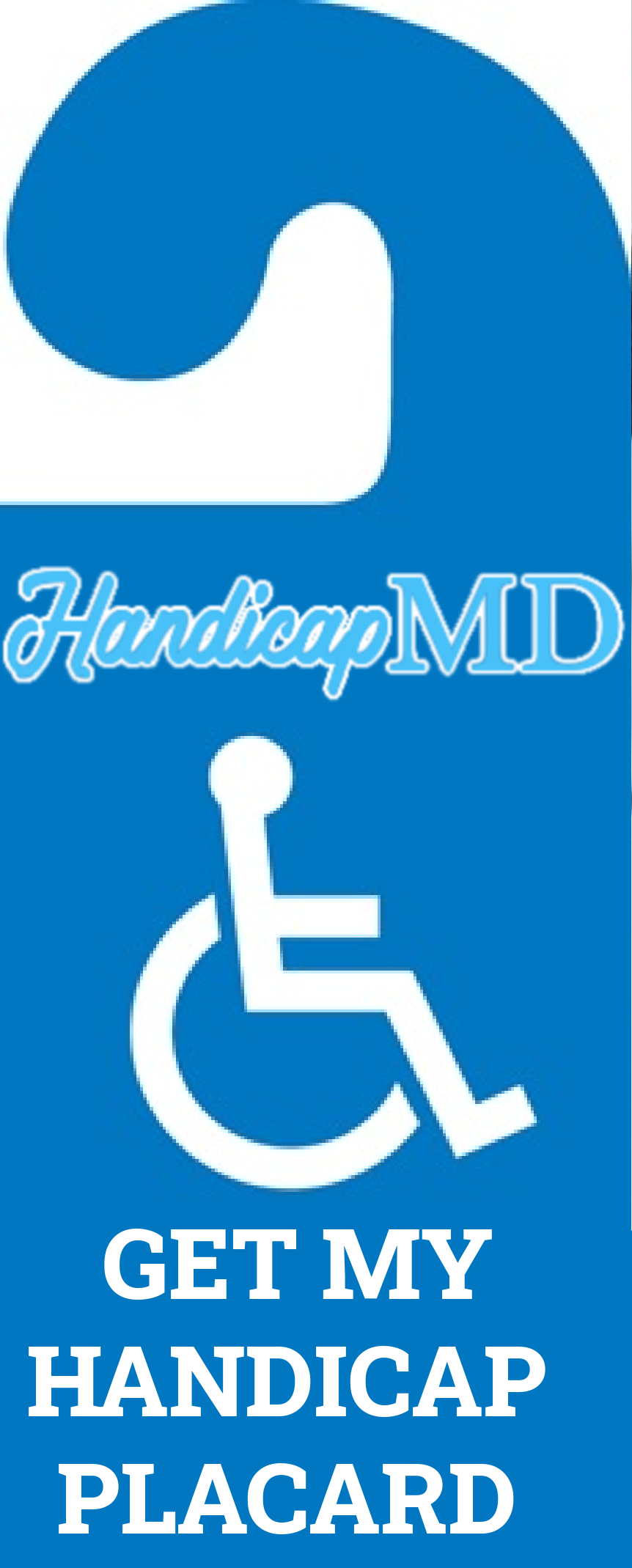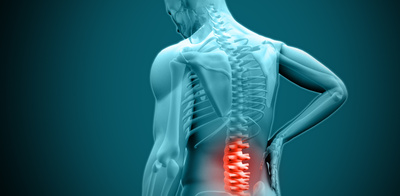
Cardiovascular Conditions & DMV Handicap Parking Permits
If you have a cardiovascular condition, you may experience physical limitations that affect your mobility. This can make it difficult to walk long distances or stand for extended periods of time. Fortunately, the Department of Motor Vehicles (DMV) provides accommodations for individuals with disabilities, including a disability permit. In this article, we'll explore the process of getting a DMV handicap parking permit when you have cardiovascular conditions.
Introduction
Cardiovascular conditions can affect your heart and circulatory system, leading to a range of symptoms that impact your daily life. Some of the most common cardiovascular conditions include coronary artery disease, heart failure, arrhythmia, and peripheral artery disease. Depending on the severity of your condition, you may experience fatigue, shortness of breath, chest pain, and other symptoms that make it difficult to walk long distances.
Cardiac conditions refer to any health issues that affect the heart or blood vessels, leading to decreased blood flow, insufficient oxygen supply to the heart, and other related complications. These conditions can range from mild to severe and can significantly impact an individual's quality of life. In this response, we will explore the following cardiac conditions: coronary artery disease, heart failure, arrhythmia, angina, atrial fibrillation, thymoma, and peripheral artery disease.
Coronary Artery Disease (CAD): CAD is a condition that occurs when the arteries that supply blood to the heart become narrowed or blocked due to the accumulation of plaque. This build-up can result in a heart attack, chest pain, and other related complications. CAD is one of the leading causes of disability and death worldwide, and it can significantly impact an individual's daily life, leading to decreased mobility, fatigue, and shortness of breath.
Heart Failure: Heart failure is a condition that occurs when the heart becomes weakened and is unable to pump blood efficiently throughout the body. It can lead to a buildup of fluid in the lungs, legs, and other parts of the body. Heart failure can be caused by various factors, including coronary artery disease, high blood pressure, and other underlying conditions. Heart failure can lead to severe disability, as individuals may experience difficulty breathing, fatigue, and decreased ability to perform routine activities.
Arrhythmia: Arrhythmia refers to any abnormal heart rhythm that can occur due to various reasons, including structural heart disease, electrolyte imbalances, and other underlying conditions. Arrhythmia can lead to dizziness, palpitations, and other symptoms that can impact an individual's daily life. In severe cases, arrhythmia can cause fainting, cardiac arrest, and other life-threatening complications.
Angina: Angina is a condition that occurs when there is a reduced blood flow to the heart, leading to chest pain or discomfort. It is usually caused by underlying conditions such as CAD or atherosclerosis. Angina can impact an individual's ability to perform routine activities, and severe cases can lead to disability.
Atrial Fibrillation: Atrial fibrillation (AFib) is a condition that occurs when the heart's upper chambers (atria) beat irregularly, leading to an increased risk of stroke and other related complications. AFib can cause fatigue, palpitations, and shortness of breath, leading to decreased mobility and a lower quality of life.
Thymoma: Thymoma is a rare condition that occurs when there is a tumor in the thymus gland, located in the chest area. Thymoma can impact the heart's function, leading to various complications, including arrhythmias and heart failure. In severe cases, thymoma can lead to disability, as individuals may experience fatigue, shortness of breath, and other related symptoms.
Peripheral Artery Disease: Peripheral artery disease (PAD) is a condition that occurs when the blood vessels in the legs become narrowed or blocked, leading to decreased blood flow to the legs and feet. PAD can cause pain, numbness, and other related symptoms that can impact an individual's mobility and quality of life. In severe cases, PAD can lead to disability, as individuals may have difficulty walking or performing routine activities.
If you have a cardiovascular condition, you may be eligible for a DMV disability permit. This permit allows you to park in designated spaces close to building entrances, which can make it easier to get around and reduce the strain on your heart.
How to Get a DMV Disabled Parking Permit
To get a DMV handicap parking permit, you will need to fill out an application and provide documentation of your disability. Here's what you need to know:
Check Your Eligibility
To be eligible for a DMV disability permit, you must have a qualifying disability that affects your mobility. This includes cardiovascular conditions that limit your ability to walk long distances or stand for extended periods of time.
Obtain a Doctor's Certification
You will need to obtain a doctor's certification that verifies your disability and the extent to which it affects your mobility. Your doctor will need to complete a section of the DMV application form and provide any necessary medical documentation to support your claim.
Fill Out the Application Form
The DMV disability permit application form is available online or in person at your local DMV office. You will need to provide personal information, including your name, address, and driver's license number, as well as information about your disability.
Submit Your Application
Once you have completed the application form and obtained a doctor's certification, you can submit your application to the DMV. You may need to pay a fee, depending on your state's regulations.
Wait for Approval
The DMV will review your application and notify you of its decision. If your application is approved, you will receive a disability parking placard that you can display in your vehicle when parking in designated spaces.
Benefits of a Disabled Parking Permit
If you have a cardiovascular condition, a disability placard can provide a range of benefits. These include:
- Convenient parking close to building entrances, which reduces the strain on your heart
- Easier access to medical facilities, which can be critical in an emergency
- Increased independence and mobility, which can improve your overall quality of life
Frequently Asked Questions
- How long does it take to get a DMV disability placard?
- The processing time varies depending on the state and the volume of applications. In some cases, you may be able to get your placard on the same day that you apply, while in others, it may take several weeks.
- Is a disability placard valid in all states?
- disability placard are generally valid in all states, but it's important to check the regulations in the state where you will be using the permit.
- How long is a disability placard valid?
- Disability placards are typically valid for a few years, after which you will need to renew your permit.
- Can I use my disability placard in any vehicle?
- Disability placards are assigned to individuals, not vehicles. This means that you can use your permit in any vehicle that you are traveling in, as long as you are the person using the permit.
- What if my condition improves and I no longer need a disability permit?
- If your condition improves and you no longer need a disability placard, you should notify the DMV and return your permit. This allows the placard to be reassigned to someone who needs it.
- Can I use a disability permit for someone else who has a disability?
- disability placards are assigned to individuals, and it is illegal to use someone else's permit, even if they have a disability.
Conclusion
If you have a cardiovascular condition that affects your mobility, a DMV handicap parking permit can make it easier to get around and reduce the strain on your heart. To get a card, you will need to fill out an application and provide documentation of your disability. Once approved, you can enjoy the benefits of convenient parking close to building entrances and increased independence and mobility. Don't hesitate to apply for a DMV disability card if you need one.
.png)






